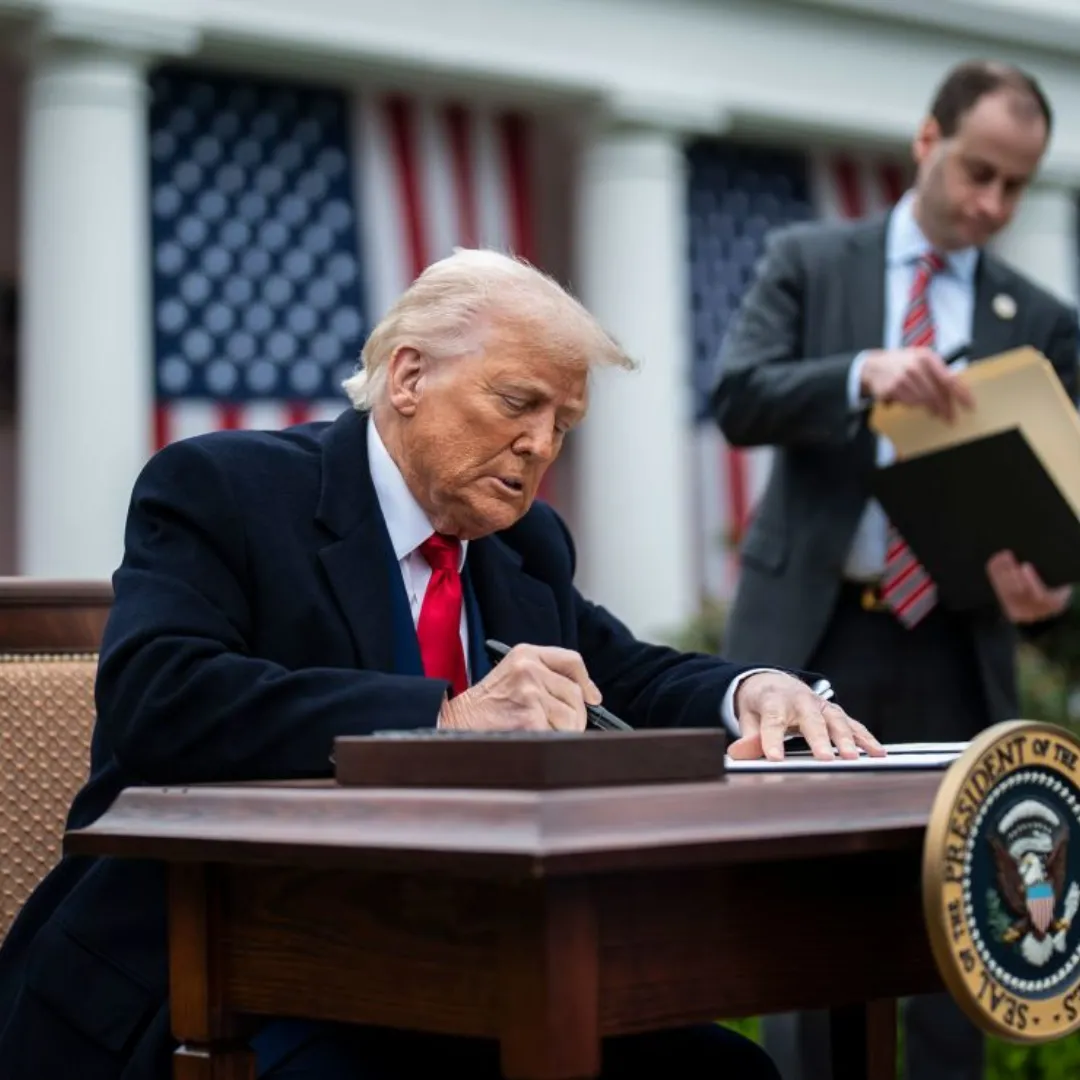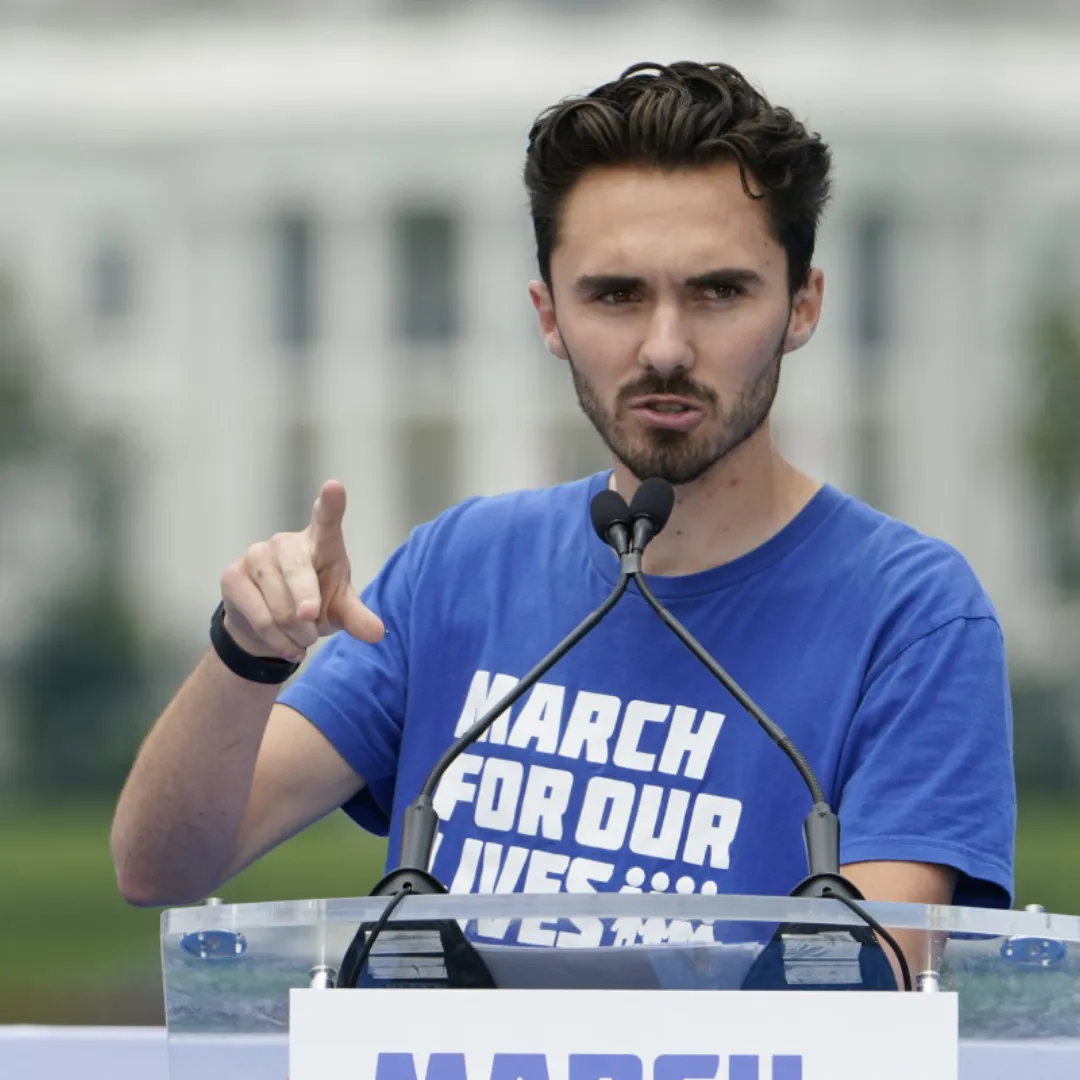
The already volatile leadership environment at the Internal Revenue Service took another unexpected turn this week as Gary Shapley, a high-profile whistleblower recently appointed as acting commissioner, was abruptly removed from his post.
The sudden move, confirmed by three individuals familiar with internal decisions at the Treasury Department and the White House, has sent shockwaves through the federal tax agency and raised questions about political influence and administrative stability within one of the government’s most powerful institutions.
Shapley, who gained national attention after testifying before Congress about alleged irregularities in the federal tax investigations into Hunter Biden, President Joe Biden’s son, had only recently assumed the role of acting commissioner following the resignation of Melanie Krause.
His appointment was seen by some as a political statement by allies of former President Donald Trump, who had returned to office earlier this year and vowed to shake up what he often described as the “deep state bureaucracy.”
However, Shapley’s tenure came to an abrupt end this week. He will be replaced by Deputy Treasury Secretary Michael Faulkender, marking the fourth leadership change at the IRS since Trump’s second term began in January.
Sources close to the situation said that Shapley’s removal was not the result of a formal policy breach but was instead driven by internal disputes and a lack of consensus among senior officials within the Treasury Department and the White House.
The move reportedly followed heated discussions involving Treasury Secretary Scott Bessent, who is said to have expressed frustration about being left out of the loop when Shapley was promoted to acting commissioner.
According to individuals familiar with the matter, Bessent raised concerns directly with President Trump about what he viewed as an opaque appointment process orchestrated with input from Elon Musk, who currently leads the Department of Government Efficiency.
Bessent reportedly emphasized to Trump that he had not been consulted about the leadership change at the IRS, despite its critical role in federal finance and revenue collection. Musk, a controversial figure within the administration known for both his high-profile business ventures and his growing political influence, has increasingly clashed with traditional Cabinet officials over personnel decisions and administrative strategy.

The tension escalated further when Musk reposted a message on social media from far-right activist Laura Loomer, who criticized Bessent for allegedly inviting a "Trump hater" to collaborate on financial literacy initiatives.
Loomer claimed she had "receipts" to show President Trump and warned of disloyalty within the administration. Musk responded to the post with a single word: "troubling."
This public exchange underscored the factionalism within the administration and the broader fight over control of key government agencies. In a statement issued later that night, Bessent attempted to reframe the leadership shift as part of a broader reform agenda for the IRS.
"Trust must be brought back to the IRS," Bessent said. "I am confident that Michael Faulkender is the right man for the moment. His experience in economic policy and institutional management gives him the steady hand we need."
He added that Shapley would not be departing entirely from government service. "Gary Shapley remains among my most important senior advisors at the U.S. Treasury as we work together to rethink and reform the IRS."
The fallout from Shapley’s removal has already begun to ripple across the agency. According to two individuals with knowledge of internal operations, the IRS has temporarily paused a large-scale reduction in force plan that had been set into motion earlier this month.
The plan, which could ultimately eliminate up to 20,000 positions—about 25 percent of the agency’s total workforce—was intended to streamline operations and cut bureaucratic overhead. However, the leadership turmoil has left staff uncertain about the agency’s direction, prompting a reassessment of immediate priorities.
"The whiplash from one leadership change to another is making it impossible to plan ahead," said one senior IRS official who asked not to be identified. "We’ve been preparing for budget cuts, operational realignments, and now suddenly all that’s paused. Morale is low, and the constant reshuffling doesn’t help."
The origins of the current leadership crisis can be traced back several months. Shapley was brought in to replace Melanie Krause, who resigned amid controversy over a data-sharing agreement between the IRS and the Department of Homeland Security.

That agreement, which authorized the IRS to share tax records with Immigration and Customs Enforcement, was reportedly designed to help federal authorities locate and deport individuals living in the United States without legal status.
The deal sparked fierce backlash from immigrant rights advocates and led to internal dissent within the IRS. Krause, who had only recently stepped into the role following the retirement of longtime acting commissioner Douglas O’Donnell, ultimately resigned rather than enforce the policy.
O’Donnell’s departure in February ended a nearly four-decade career with the IRS, during which he served in various leadership roles and earned a reputation for technical expertise and political neutrality. His decision to retire reportedly followed mounting frustration over the politicization of the agency and increasing pressure to cooperate with politically sensitive directives from the White House.
Trump’s nominee to serve as the permanent head of the IRS, former Missouri congressman Billy Long, has not yet been confirmed by the Senate. In the meantime, the revolving door of acting commissioners has created a sense of instability and confusion within an agency responsible for collecting trillions of dollars in revenue each year.
The latest developments have also renewed scrutiny of Shapley’s role in the investigations into Hunter Biden. Shapley’s testimony to Congress last year became a rallying point for Republicans seeking to prove that the Biden administration had interfered in federal investigations to protect the president’s son.
Though his claims were disputed by some in the Justice Department, they helped shape public perceptions of the case and earned Shapley praise from Trump-aligned lawmakers.
For that reason, Shapley’s appointment to lead the IRS was seen by some as a reward for his cooperation and loyalty. His swift removal, however, raises questions about whether internal politics within the Treasury Department or external pressure from political figures like Musk played a greater role in shaping the final decision.
Some analysts argue that the reshuffling is symptomatic of a deeper dysfunction within the federal government under Trump’s second term. With departments being influenced by an expanding network of political appointees, private sector figures, and unofficial advisors, traditional lines of authority have become increasingly blurred.
"Elon Musk’s role in federal decision-making is unprecedented and largely unaccountable," said one former Treasury official familiar with the matter. "You have Cabinet secretaries competing with tech billionaires for the president’s ear. The result is chaos."
At the IRS, the consequences of that chaos are being felt by career employees and managers trying to carry out the agency’s core functions. Some fear that repeated changes in leadership could undermine ongoing modernization efforts, reduce compliance with tax laws, and shake public confidence in the fairness and effectiveness of the federal tax system.
For now, Michael Faulkender will take the reins at the IRS, tasked with restoring stability to an agency already stretched thin by years of budget cuts, technological challenges, and an overwhelming workload.
Faulkender, who previously served as Assistant Secretary for Economic Policy during Trump’s first term, is expected to focus on operational efficiency and cost-saving measures while navigating the competing demands of political oversight and administrative independence.
Whether he will succeed where his predecessors faltered remains to be seen. Much will depend on his ability to balance internal morale with external expectations, and on whether the White House allows the IRS leadership to operate free from factional pressures.

As for Shapley, his future role within the Treasury Department remains ambiguous. Though Bessent has pledged to retain him as an advisor, it is unclear what authority or influence he will retain.
What is certain, however, is that his brief tenure as acting IRS commissioner will be remembered as another chapter in the ongoing saga of an agency caught in the crossfire of political agendas and institutional reform.
And with Billy Long’s confirmation still pending and no clear end to the internal power struggles, the IRS’s leadership vacuum may persist longer than anyone anticipated. For the career staff, taxpayers, and policymakers who rely on the agency’s stability, that uncertainty is not just troubling—it is potentially debilitating.



